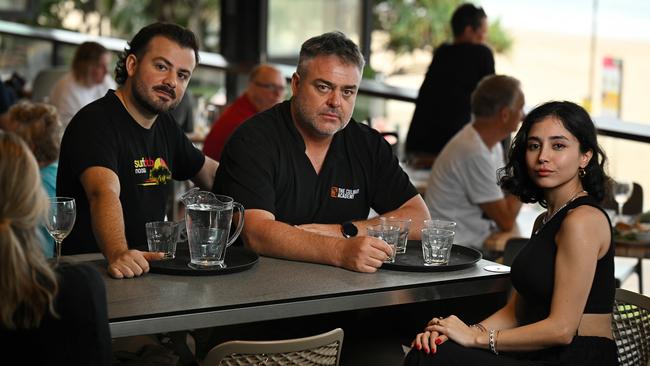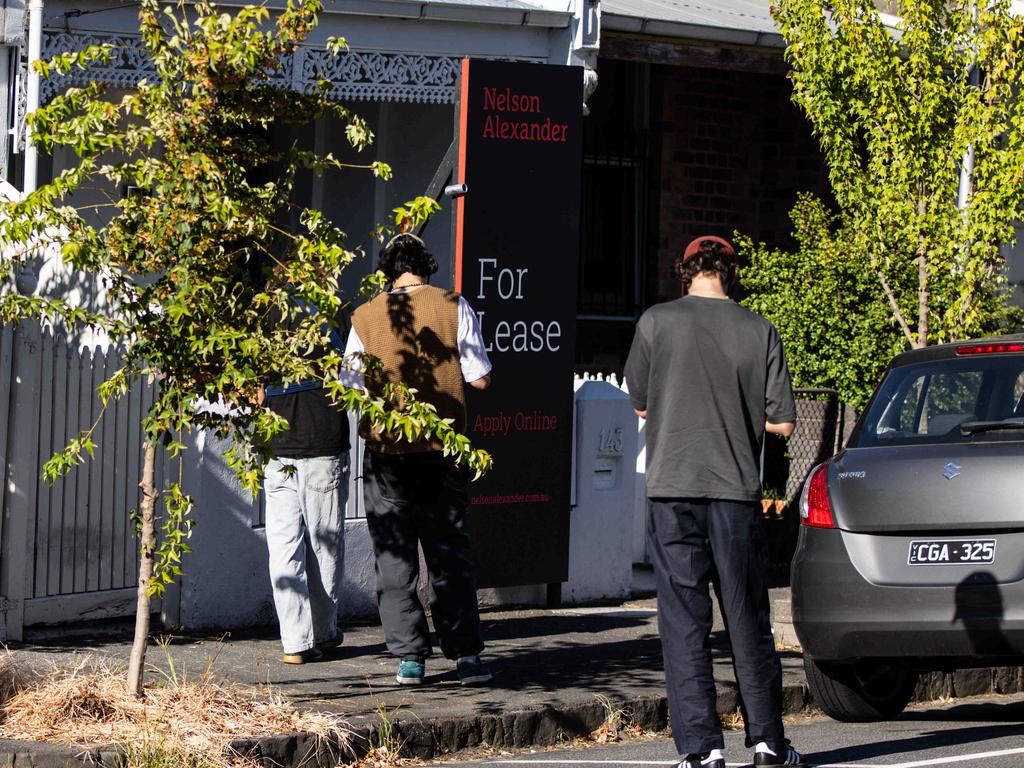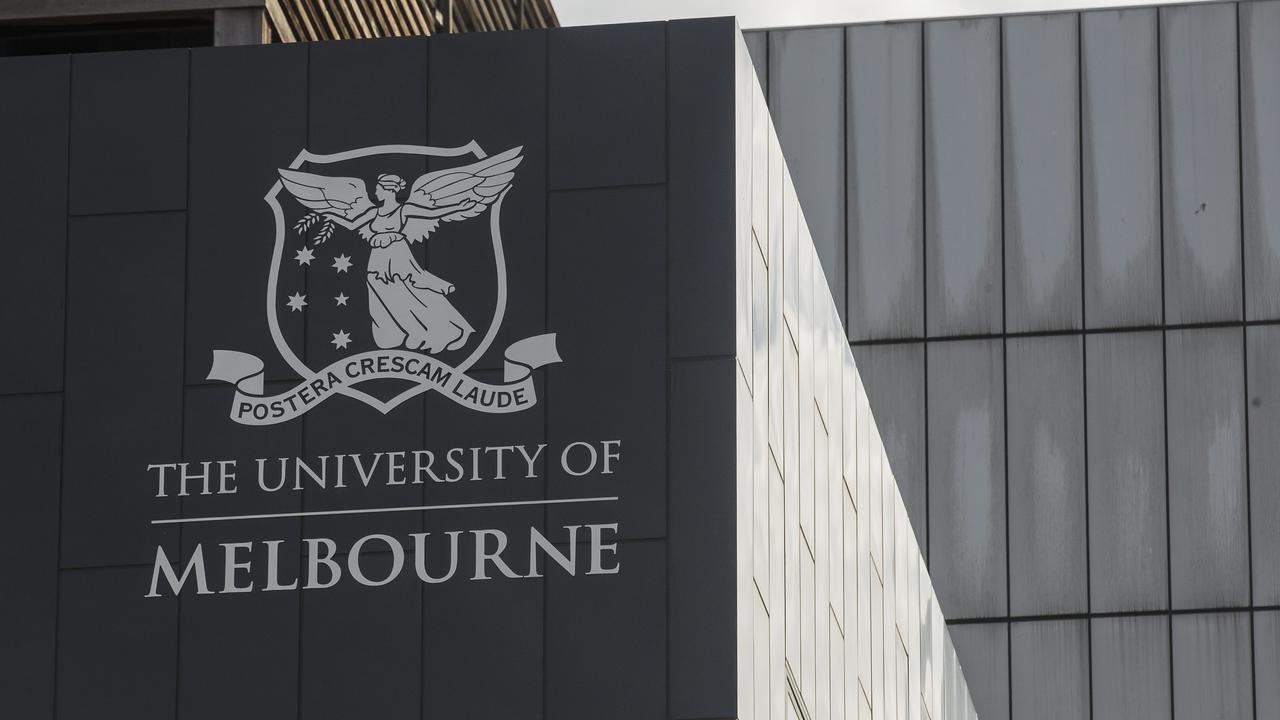Hospitality sector hit by Albanese government’s international student cuts
‘It’s a lottery.’ The hospitality industry is suffering collateral damage as the federal government slashes student visas.

When Lexis Training boss Ian Pratt fielded a late-night missive from the federal Education Department, he felt nauseous.
The message said a quota on international students would slash his enrolments next year by 60 per cent.
“We weren’t given any explanation or reason other than an email at 11 o’clock on a Friday night giving us our numbers,’’ he said. “I wanted to throw up.
“People were being told their businesses would close down.’’
The individual quotas set for thousands of universities and private training providers are now unlikely to go ahead, given the federal opposition’s U-turn in opposing the Albanese government’s legislation to cap the number of new international students to 270,000 next year.
Despite the reprieve, Mr Pratt has already had to sack 70 staff – or 20 per cent of his workforce – after his enrolments halved to 1100 this year.
His businesses, Lexis English and Lexis Training, were founded 20 years ago in Noosa, expanding into English language and cookery colleges in Byron Bay, Sydney, Brisbane and Perth, with language schools also opening in Japan and Korea.
But enrolments have been in “free fall’’ ever since former home affairs minister Clare O’Neill invoked two ministerial directives at the start of the year to slow or reject visa applications from international students.
The directives have cut 200,000 international students in the space of a year. “There’s a sense that Australia’s closed for business,’’ Mr Pratt said. “Our enrolments are down by half, based entirely on government changes to visa policy.
“Our students came from 90 different countries last year, and our biggest source was Switzerland. Visa rejections are random and students who are clearly eligible for a visa are refused.’’
Mr Pratt said the government’s decision to raise the non-refundable visa application fee to $1600 made it four times more expensive than Canada.
“Now students are not applying because if they do, they’ll be knocked back for ridiculous reasons,’’ he said. “It’s a lottery.’’

Mr Pratt cited the case of a French student who was keen to learn about Australia’s “paddock to plate’’ culinary culture, so he could return to France to open his own eatery.
A Home Affairs official rejected the application on the grounds that the French student had failed to detail alternative education providers in his home country.
“I do not find it plausible that studying the proposed courses in Australia has any benefit over studying in France, which is renowned for its culinary education, particularly when considering the costs associated with living and studying in Australia,’’ the official wrote in the rejection letter.
Mr Pratt said that small and reputable training companies were collateral damage in the federal government’s attempt to shut down “dodgy operators’’ and ease the housing crisis in Sydney and Melbourne.
“How can the federal government be so lacking in sophistication that it can conflate the English language school and catering college training western Europeans in Noosa with the University of Sydney?’’ he said.
“We’re all whacked with the same stick, so we’re being punished for their actions.’’
Mr Pratt said he also feared the Coalition’s intention to cut immigration even deeper than Labor. “All we want is clarity and meaningful consultation, but what we get in return is chaos,’’ he said.
Noosa Junction Association treasurer Michael Tozer said the hospitality industry on Queensland’s Sunshine Coast relied on backpackers and international students. “You just can’t get local cleaners, kitchen hands, bar staff or hospitality staff. The international students want to work and it’s a pleasure to employ them.’’
Home Affairs slashed the number of study visas by 35 per cent last financial year, with numbers dropping from 577,295 in 2022-23 to 376,731 in 2023-24.
Grant rates for the vocational education and training sector have plunged from 77 per cent of applications approved in 2022-23, to 54.2 per cent so far this financial year.
For English language schools, grant rates are down from 91.2 per cent in 2022-23 to 76.8 per cent.
But for universities, grant rates for international students have risen from 87.5 per cent in 2022-23 to 90.5 per cent in the three months to September this year.







To join the conversation, please log in. Don't have an account? Register
Join the conversation, you are commenting as Logout